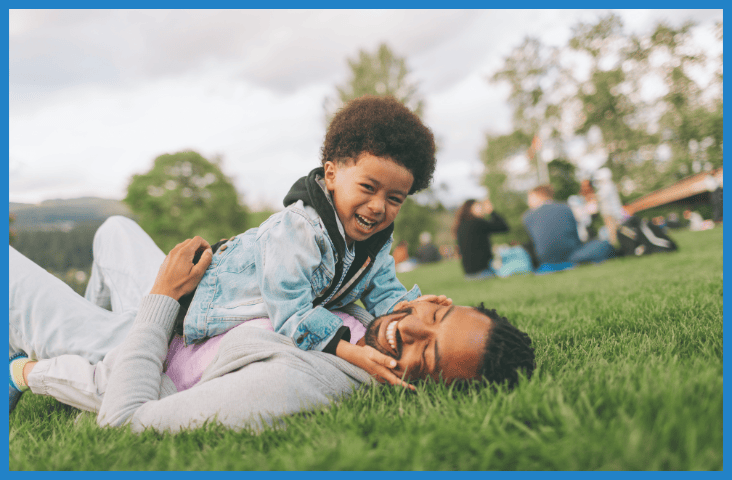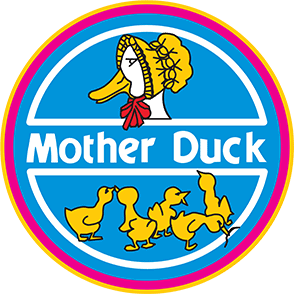
The Important Role of Fathers in Children’s Lives
Fatherhood is one of life’s most important roles, and father and child relationships have profound and wide-ranging impacts on children that last a lifetime. From the moment a man becomes a dad, he has not just the responsibility of caring for his child, but the privilege of loving, supporting, and connecting with them as they grow.
We know that warm and responsive parenting by fathers and mothers is important for child mental health. Such behaviours by parents can support children to develop a healthy self-image and confidence while helping make them feel safe and secure in their environment (Raising Children Network, 2023).
Fathers have historically provided a different kind of care for children than mothers because of social norms that prescribe different roles. Yet, research confirms that men are capable of not only nurturing and soothing young children, but additionally playing a vital role in their child’s health and development (Cabrera, Fitzgerald, Bradley, & Roggman, 2014).

A Monash University project back in 2021 studied Australian fathers from 1919 – 2019. The findings spoke about the experiences of fathers over the past 100 years, the impacts of diversity of backgrounds but mostly on the transformation of the parenting role in changing times and circumstances. Australian fathers now spend more time with their young children compared to their generational counterparts of the 1970s–80s (Craig & Mullan, 2010; Rubiano Matulevich & Viollaz, 2019).
Fathers matter to children not only because they are men, but because children need multiple, involved caregivers in their life. Involved fathers are good for children, and children thrive on the feelings of belonging and affection that come from caring and supportive families. Evidence shows that when men are engaged from the start of children’s lives they establish a pattern of greater lifelong participation, and fathers’ ongoing positive involvement in the lives of their sons and daughters, listening to them and involving them in decision-making, enhances children’s physical, cognitive, emotional, and social development and can contribute to their happiness.
Approximately 20% of Australia’s population is made up of fathers (McCrindle, 2023); that is, male identifying people who care for and are committed to the wellbeing of a child, regardless of their biological relation, living situation or marital status (Tully, 2019). Nowadays the definition of ‘father’ includes those who are biological fathers, stepfathers, divorced or separated fathers, fathers in same-sex relationships, and men actively caring for children through foster or kinship care, or as older brothers, grandfathers and other male relatives.
We know that children thrive in all types of family dynamics, and it is clear that having a ‘good dad’ whether biological or not, can be a powerful, positive force in children’s lives.
So what is the definition of a ‘good dad’?
Firstly, there is no ‘right’ way to be a father. Each father brings unique ideas and experiences to being a supportive adult and has a lot to contribute to the well-being of his child and family. Supporting a child and having their best interests in mind is what’s important.
In the past, we can all remember our fathers going off to work and coming home late. There may have been little interaction, playtime or conversation in the evenings. There are still many fathers today who do work long hectic hours, but many dads now try to spend time as much time as they can with their children.

Involved fathers are more likely to see interactions with their children positively, be more attentive to their children’s development, better understand and be more accepting of their children, and enjoy closer, richer father-child relationships.
So, to all our Mother Duck fathers out there, you are important, valued and your involvement in your child’s life is both influential and worthwhile. Remember your ‘presence’ in your child’s life is far better than any ‘present’.
So, keep being positively involved always, it makes their futures brighter…check out these fun ideas to do with your children –
–
• Build a sheet cubby or fort inside the house
• Walk or ride to the park
• Play a ball game
• Build something with boxes
• Garden together
• Join your child for a family exercise workout
• Go fishing
• Cook with your child
• Go camping
• Go to the museum
• Read together
The options are endless, here are a couple of links to FUN activities and experiences on offer around Brisbane –
• Things to do with kids in Brisbane
• Fun activities in Brisbane for kids


